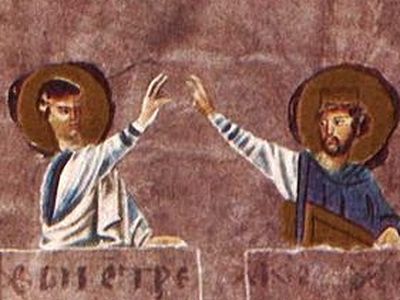

While we were living there we attended a Roman Catholic parish staffed by Priests from Ireland. I grew up overseas and at one point lived in Iran from 1971 to 1979. One of the neat, and perhaps few, benefits of getting older is the opportunity to be able to look back and see very clearly how God has been present throughout my life. Maybe the best way to begin is to speak of God’s mercy in my own life. Thank you for giving Catholic Social Services and us the opportunity to be a part of it all. I can’t tell you how impressed and inspired we are by your presence and your love for the Lord. My wife and I arrived in Edmonton three-and-a-half years ago, and this is our first time attending this conference. I want to thank Maurice Beier and his team at Catholic Family Ministries for organizing such an amazing conference and for inviting me to offer a reflection on God’s mercy and compassion. Good afternoon! It is such a privilege and a joy to be here with all of you. guarantees additional payment upon his return.ģ6 " Which of these three, do you think, proved to be a neighbor to the man who fell among the robbers? ” 37 He said, “The one who showed him mercy.” And Jesus said to him,“ You go, and do likewise.This is the day the Lord has made let us rejoice and be glad in it! pays the innkeeper to take care of him 6. picks him up and sets him on his own animal 3. Notice the lavishness of mercy the Samaritan shows to this man: 1.

It is such a powerful compassion that when it occurs with Jesus, it always leads to an act of mercy or compassion. "And when the Lord saw her, he had compassion on her " - he was moved in his guts is a good way to translate that verb, as well. This word is unique, in that it is especially used in the New Testament to convey compassion experienced by Jesus.Ī good example of this verb is in the story of the Raising of the Widow's Son at Nain.

The Samaritan " ἐσπλαγχνίσθη" or "was moved with compassion". One of the most important questions we can ask ourselves, as Christians, is this: "Who is my neighbor? And what is my obligation to them?" (See Luke 10:29) Understand the significance of Jesus making the Samaritan the protagonist in this story. 35 And the next day he took out two denarii and gave them to the innkeeper, saying, ‘Take care of him, and whatever more you spend, I will repay you when I come back.’ " Then he set him on his own animal and brought him to an inn and took care of him. 34 He went to him and bound up his wounds, pouring on oil and wine. If it is in our power to help a person, then perhaps we are out of excuses for not doing so.ģ3 But a Samaritan, as he journeyed, came to where he was, and when he saw him, he had compassion. He made a man's body well on the Sabbath. If you read the study I did on the John 7:1-24, then perhaps you remember Jesus prioritizing mercy. Really, you can make whatever excuses you want for these men, but the fact remains that they are in a unique position to offer mercy. The priest and the Levite may have important errands to run. The man is also stripped of his clothes, which adds a layer of discomfort for the passerby. It almost makes sense that a priest would have nothing to do with the "half dead" man in this parable, as they wouldn't want to risk becoming unclean.


 0 kommentar(er)
0 kommentar(er)
